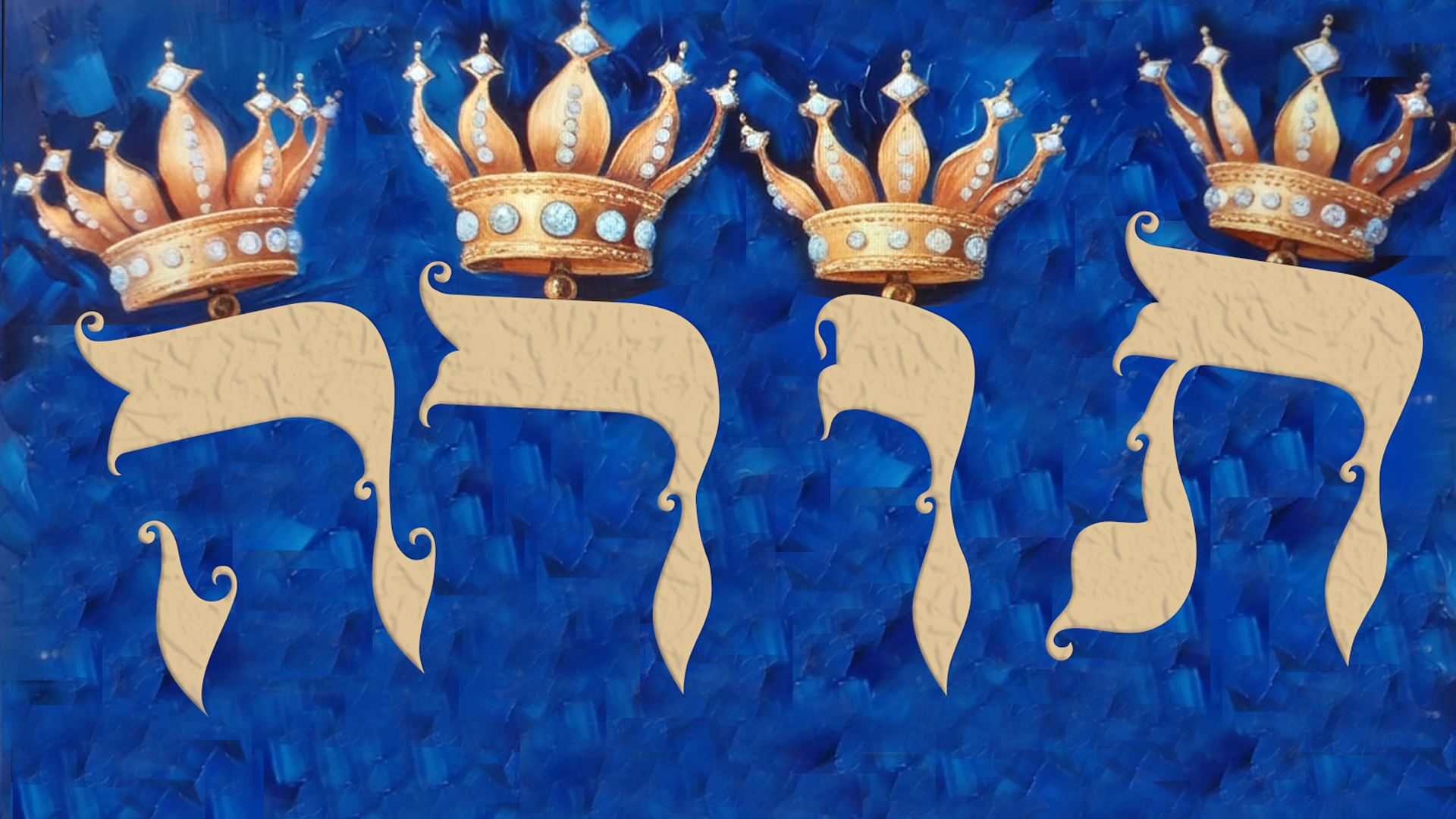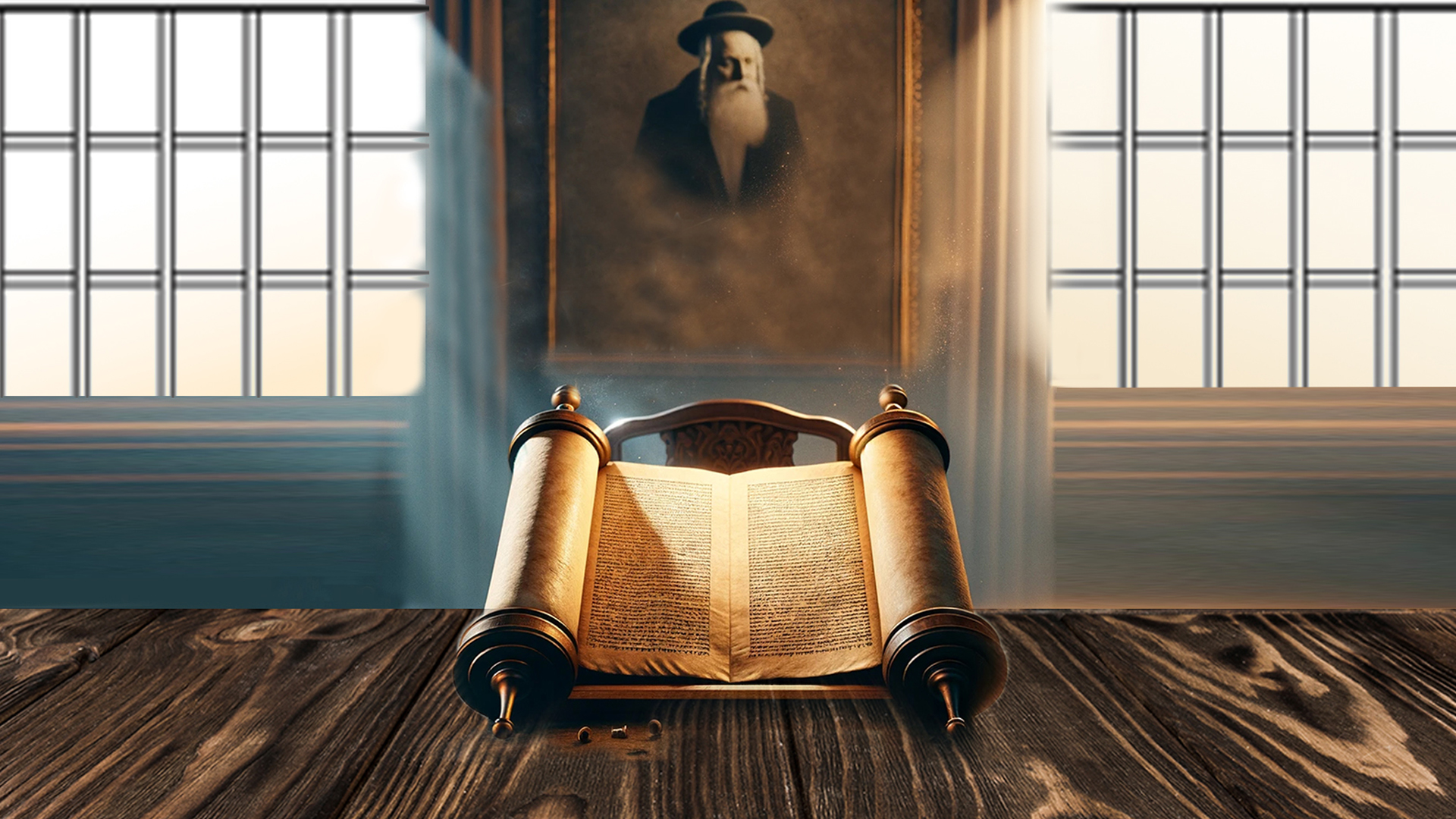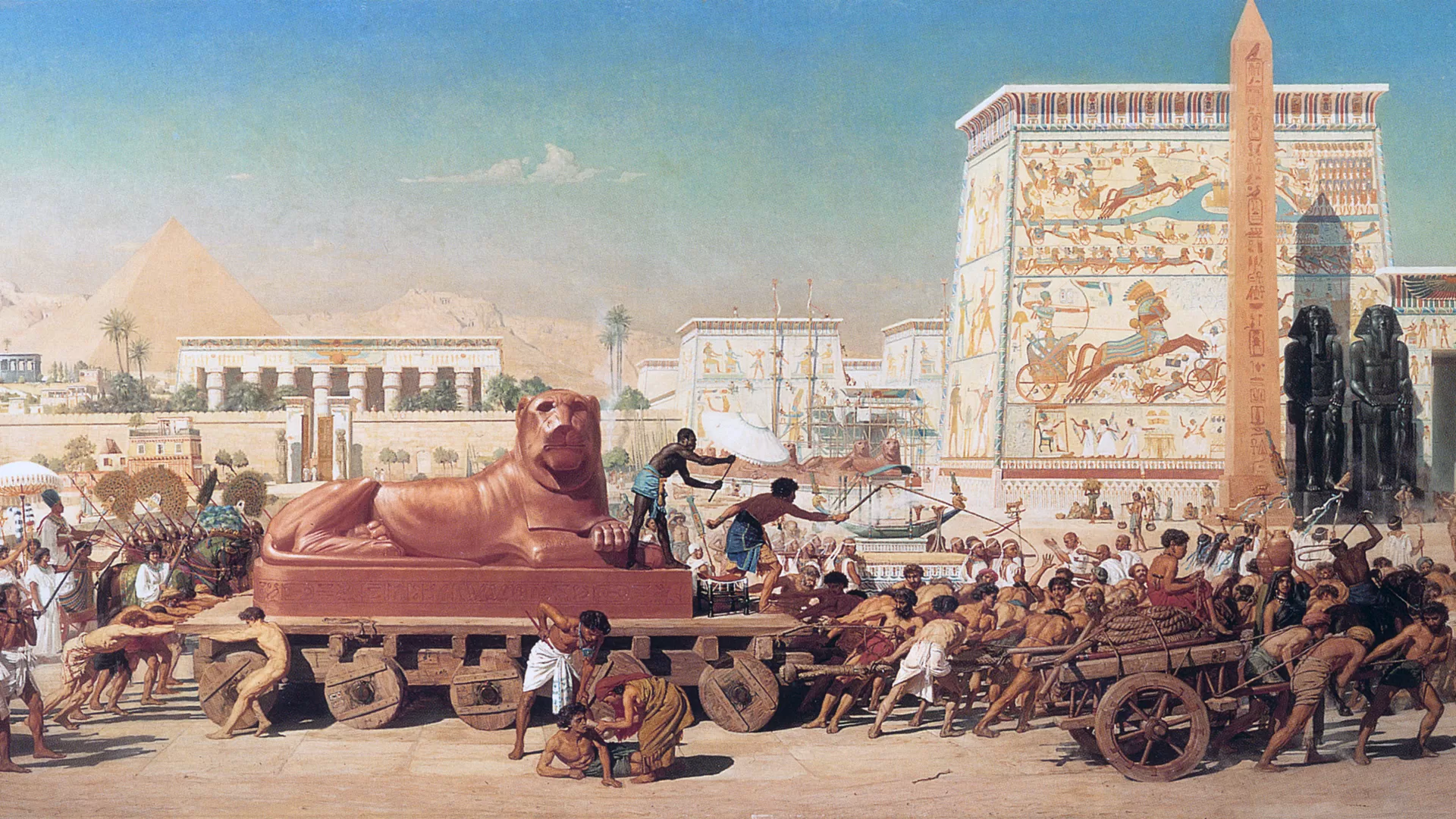Teshuva is a gift of kindness from Hashem, providing us with the opportunity to erase past wrongdoings through regret, acceptance for the future, and sincere prayer. This article explores the depth of teshuva, emphasizing the essential role of submission to Hashem’s will and the profound mercy embedded in the process of repentance
Receiving nevuah [prophecy] parallels receiving Torah — it all depends on how much the recipient is capable of receiving.
A Jew can reach the heights of Moshe Rabbeinu. This is stated in Tehillim 84:12: ‘He withholds no goodness from those who walk in b’tmimus.’
This story shows us the value that Rabbi Yochannan attached to Torah. How could he sell everything he owned without any financial plan for his future?
It is said in the name of the Bircas Shmuel that two factors obligate man to act in accordance with them: the Torah and human intellect.
The baalei mussar ask: what is the big deal about saying naaseh venishma? At Sinai, they were about to receive the Torah. What would have been wrong with declaring that they were ready to hear and learn all of the mitzvos of the Torah, and once they knew them, they would do them right away? What would have been wrong with declaring: nishma venaaseh?
“Moshe sent away his father-in-law, who returned to his land” (Shemos 18:27). . . . Why would Moshe sent Yisro away at such a critical time?







